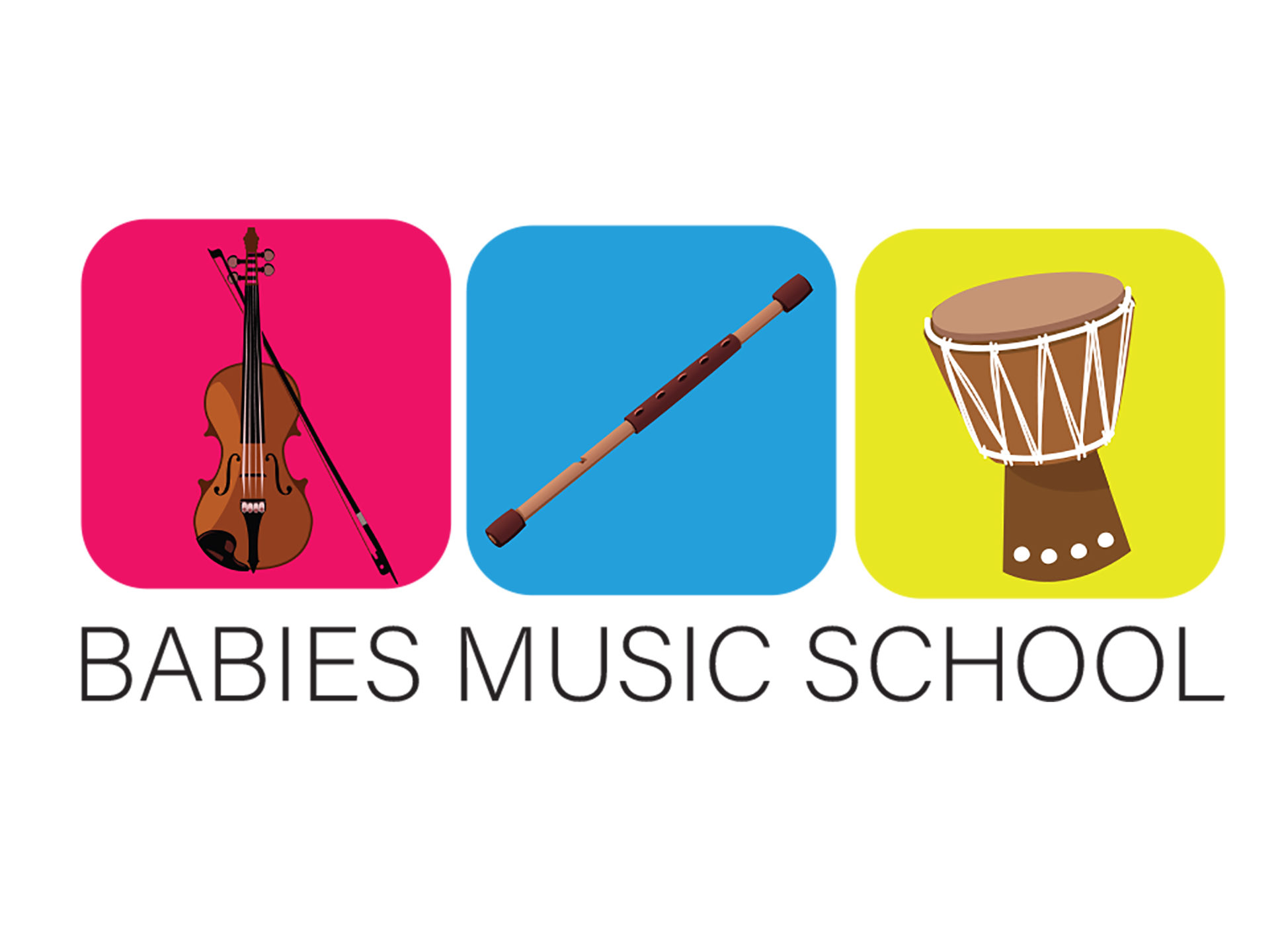It might sound unconventional, but recent research suggests that music therapy may lessen symptoms of prenatal anxiety for some women, which in turn may benefit the health of her child.
Unlike traditional psychotherapy where people talk about their problems, music and other expressive arts therapies seem to help people dealing with mental health issues, including depression, eating disorders and post-traumatic stress disorder, several studies suggest.
Music’s role in healing has been promoted for quite some time: In 1948, a study, published in the Journal of the American Medical Association (JAMA) recommended that physicians incorporate music therapy as a part of routine patient care. By the 1950s, music was being used as a complementary therapy to treat mental-health concerns. More recently, music therapy has been used to help veterans recover from PTSD. New studies suggest that singing and listening to music triggers the brain to release oxytocin and dopamine, neurotransmitters and hormones tied to such emotions as joy and love.
A recent study looked specifically at music and mental-health concerns during pregnancy, focusing on 409 pregnant women in the third trimester of their pregnancy. None of the women had a history of anxiety. Half of the women received music therapy, which meant listening to a CD of relaxing, instrumental, melodic music three times a week; the other half did not. After completing therapy, the women who participated in music therapy reported being less anxious than those who did not receive the intervention.
“During pregnancy, fears and anxieties about the health of the baby are very common. Many of the women in our study were anxious about the stress test, an ultrasound that examines the health of the baby,” said Jessica Garcia-Gonzalez, the study’s lead researcher. The study suggests that “anxiety during pregnancy can increase a woman’s risk of postnatal anxiety and depression, but music therapy can help reduce stress.”
While women know pregnancy can bring physical discomfort such as fatigue, swollen ankles and sleep concerns, many aren’t aware that maternal mental-health concerns such as depression and anxiety are also common complications of pregnancy.
Postpartum Support International, a nonprofit group focused on raising awareness about prenatal and postpartum mood concerns, says that 6 percent of pregnant women and 10 percent of new mothers suffer from anxiety right after birth, while 15 percent of women struggle with more significant depression after childbirth.
Left unchecked, this anxiety can lead to numerous pregnancy-related health complications.
“Anxiety is associated with prenatal health concerns like preeclampsia, preterm delivery, and low-birth weight, which is why it’s important for women to learn coping strategies to minimize their worries during pregnancy,” says Karen Kleiman, a psychotherapist specializing in maternal mental health.
Some pregnant women or new mothers may need a more intensive intervention such as psychotherapy. But for many, music provides the right antidote to anxiety, especially in the first few harried and sleepless months after giving birth.
Kate Taylor, a board-certified music therapist and birth doula, provides music therapy for pregnant and postpartum women.
“I use music as a teaching tool. We might analyze song lyrics or listen to instruments or music that can aid in relaxation,” Taylor says. “Songs can bring up intense emotions for women, which can help them connect with the baby, and openly share their worries and feelings about motherhood.”
Music therapy with Taylor helped Larsen cope with the emotional stress of pregnancy. “During our sessions, we listened to the acoustic guitar. At home, I listened to relaxing music on my headphones. The music calmed my anxiety, which helped me stay positive,” Larsen says.
Crystal Duffy, 33, a mother of three living in Houston, found music therapy helped her cope with the anxiety she felt after being hospitalized because of pregnancy complications during her second trimester carrying twins.
“I worried whether or not my babies would be born premature,” Duffy says. “In the hospital, it was also difficult to be away from my oldest daughter. I didn’t want the stress to impact the babies. Creative outlets were a healing way for me to release and express my fears.
“I composed two lullabies for the babies,” she says. “At first, I wrote the lyrics, and then I put the words to music. My therapist helped me with the technical aspects of the music.”
Even though her babies were born prematurely, they were healthy. And in the months after their birth, music therapy helped Duffy manage the stress of caring for multiples.
According to Kleiman, music therapy can be cost-effective, easy to implement and less stigmatizing than other types of therapy.
“The beauty is that there’s a potential for pregnant women to discover the immediate benefits from incorporating relaxing music into their daily routine,” she says.
Fraga is a psychologist with a specialty in prenatal and postpartum depression.
